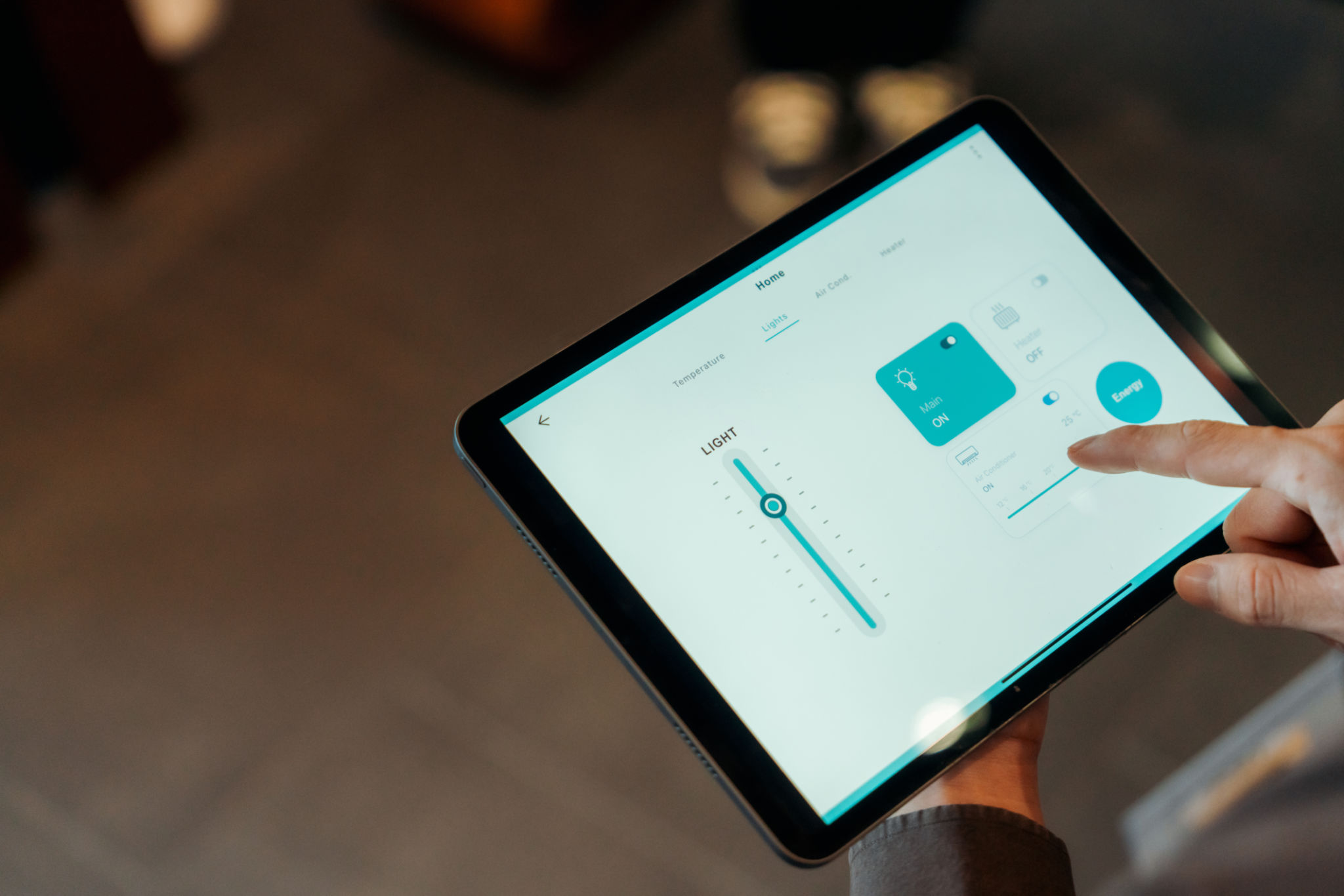Solar Energy Myths Debunked: What You Really Need to Know
Common Misconceptions About Solar Energy
Solar energy is often surrounded by misconceptions that can prevent people from adopting this sustainable power source. Understanding the truth behind these myths can help you make informed decisions. In this article, we will debunk some of the most prevalent myths about solar energy.

Myth 1: Solar Panels Don't Work in Cold or Cloudy Climates
One of the most common misconceptions is that solar panels are ineffective in cold or cloudy regions. However, solar panels rely on sunlight, not heat, to generate electricity. Countries like Germany and Canada have successfully implemented solar energy despite their colder climates. In fact, solar panels can be more efficient in cooler temperatures.
Cloudy days might reduce the efficiency of solar panels, but they still produce electricity. Modern solar technology is designed to work in a variety of weather conditions, ensuring consistent energy production throughout the year.
The Cost of Solar Energy
Another barrier to adopting solar energy is the perceived cost. Many believe that solar panels are prohibitively expensive, but this is no longer the case.

Myth 2: Solar Energy Is Too Expensive
While the initial cost of solar panels can be high, prices have decreased significantly over the past decade. Additionally, government incentives and tax credits can offset installation costs. Many homeowners find that their investment pays off through reduced energy bills over time.
Moreover, there are financing options available, such as solar leases and power purchase agreements, that make solar energy accessible to a wider audience.
Efficiency and Maintenance
Concerns about efficiency and maintenance often deter people from considering solar energy. Let's explore these aspects.

Myth 3: Solar Panels Require a Lot of Maintenance
Solar panels are designed to be low-maintenance, with most requiring only periodic cleaning to remove dust and debris. They have no moving parts, which reduces the likelihood of mechanical failure. Most solar panel systems come with warranties that last 20 to 25 years, ensuring long-term reliability.
Regular inspections by a professional can help ensure that your solar system is functioning optimally, but these are typically infrequent and not costly.
The Impact on Property Value
Some homeowners worry that installing solar panels might negatively affect their property's value. However, evidence suggests otherwise.
Myth 4: Solar Panels Decrease Property Value
In reality, solar panels can increase property value. Homes with solar energy systems often sell at a premium compared to those without. Buyers are attracted to the prospect of lower energy bills and the environmental benefits of solar energy.
As more people become environmentally conscious, the demand for homes with solar power is likely to increase, making it a wise investment for the future.

By debunking these myths, it's clear that solar energy is a viable and beneficial option for many homeowners. As technology advances and costs continue to drop, solar energy becomes an increasingly attractive choice for a sustainable future.
